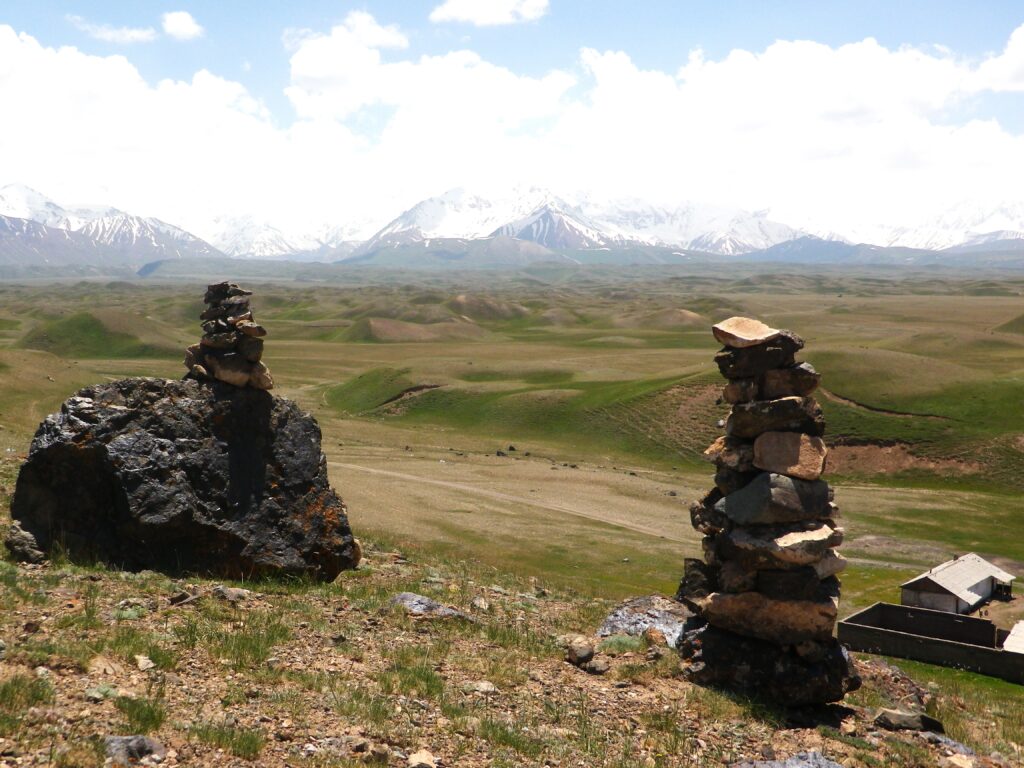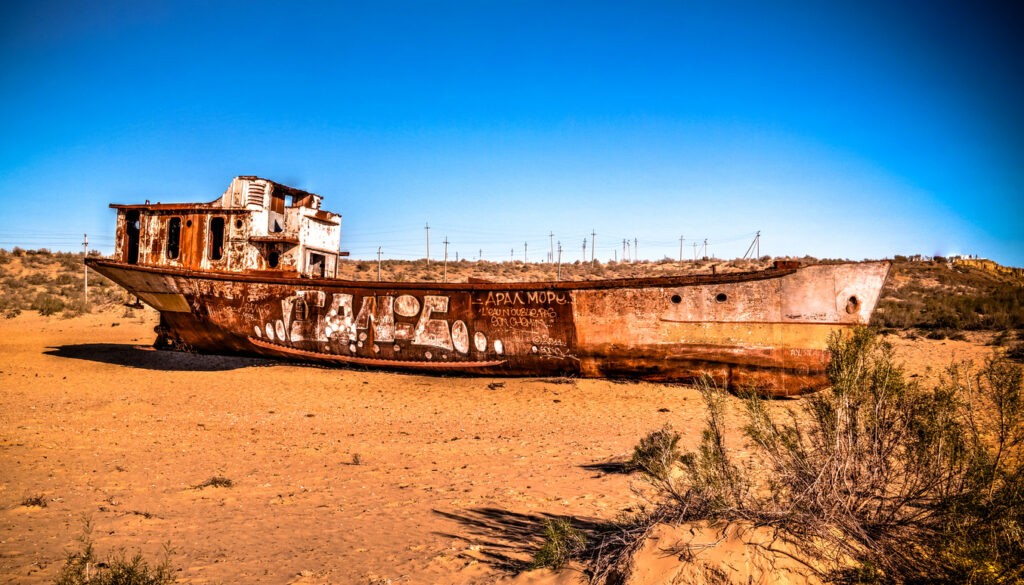DUSHANBE (TCA) — Today, due to rapid population growth, economic development and other challenges that impact the natural resources, the value of water has increased dramatically, President of Tajikistan Emomali Rahmon wrote in his article entitled “Water for Sustainable Development,” published in the journal UN Chronicle.
“From 2000 to 2016, at the initiative of Tajikistan, the United Nations General Assembly adopted seven resolutions on water. Among them are International Year of Freshwater (2003); International Decade for Action, “Water for Life”, 2005-2015; International Year of Water Cooperation, 2013; and International Decade for Action, “Water for Sustainable Development”, 2018-2028. Throughout this period, Tajikistan has repeatedly provided a platform for discussing global water issues,” the article reads.
President Rahmon emphasized that Tajikistan has also been an important player in solving water problems at the regional level. About 60 per cent of water resources of the rivers in Central Asia (the Aral Sea basin) are formed in Tajikistan, and “our country generously shares this vital resource with our neighbours. Tajikistan is a co-founder of the International Fund for Saving the Aral Sea and its two commissions, the Interstate Commission for Water Coordination (ICWC) and the Interstate Commission on Sustainable Development (ICSD), which provide platforms for discussing urgent transboundary water issues in the region.”
“In Central Asia, where the water source mainly originates from within the territories of the two upstream countries—Kyrgyzstan and Tajikistan—and the lion’s share of this water is used by the downstream countries—Kazakhstan, Turkmenistan and Uzbekistan—intergovernmental water cooperation is the key not only for addressing water problems and issues of social and economic development, but also for ensuring peace, stability and security,” Rahmon writes.
“According to experts, the Central Asian glaciers, which are the main source of water for the rivers in the region, have been diminishing on average by 0.6 to 0.8 per cent per year in terms of glacial area, and by 0.1 per cent per year in terms of ice volume. The current situation demands that urgent measures be undertaken to adapt to the dramatic effects of climate change and to promote the sustainable management of water resources in the region. This can be achieved only through the coordinated actions of all countries involved in constructive regional cooperation, with due consideration to their respective interests, the improvement of the institutional and legal framework, and a significant increase in investment in infrastructure.”
The President highlighted that Tajikistan made a proposal to declare the period from 2018 to 2028 as the International Decade for Action, “Water for Sustainable Development”, which was unanimously supported by all United Nations Member States. The Decade will provide an important platform for political dialogue and the exchange of information and experience, becoming an important tool for promoting the achievement of internationally agreed goals and targets related to water resources, including those contained in the 2030 Agenda.









